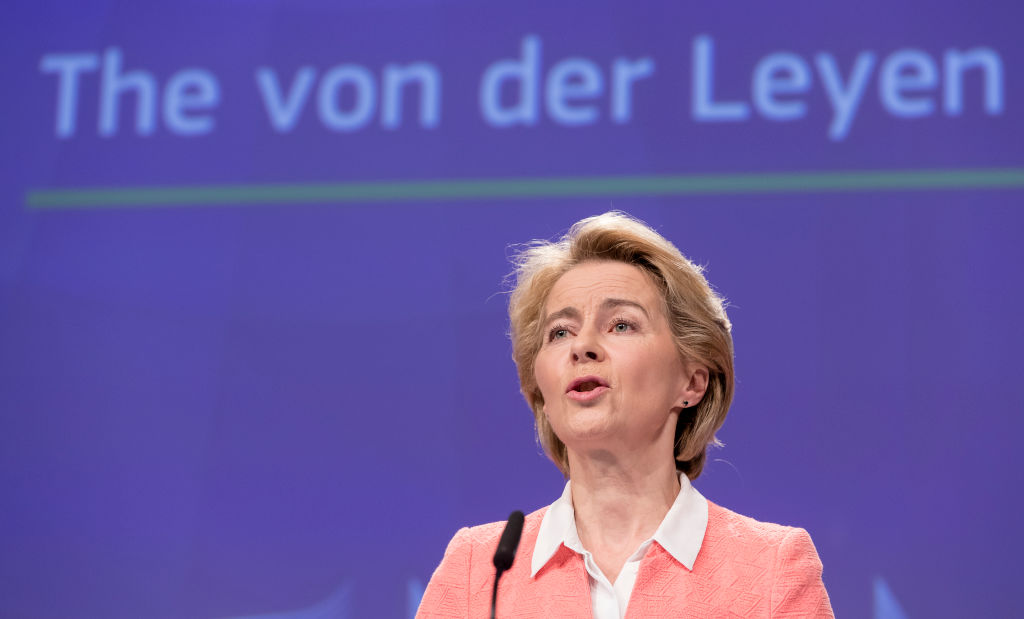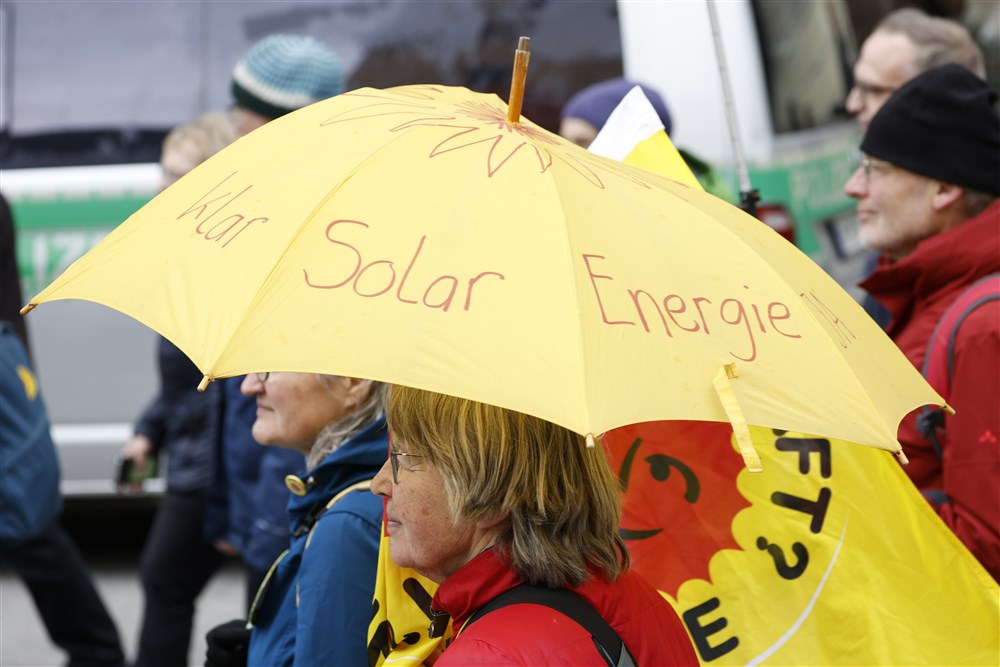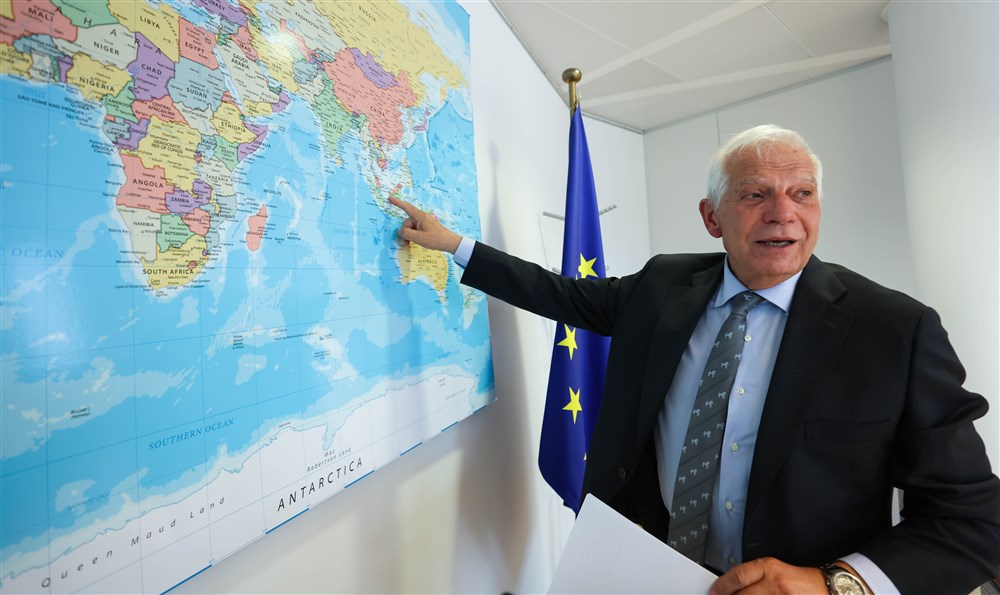The European Parliament’s latest proposal for the regulation of prostitution has sparked outrage from the European Sex Workers Association (ESWA) and organisations including Human Rights Watch and Amnesty International’s European branch.
The draft EP report “on the regulation of prostitution in the EU: its cross-border implications and impact on gender equality and women’s rights” encourages European Union Member States to adopt the so-called Nordic model. This criminalises clients and third parties in an effort to reduce demand but does not target sex workers.
“We are disgusted at the extraordinary omission of swathes of research [and] the disregard for the lives of [sex] workers who are endangered by harmful laws,” ESWA posted on Twitter after the “Prostitution Report” was adopted, with 16 votes in favour, 10 against and three abstentions, on June 27.
“This report was written without consultation with our community. It includes wilfully misinterpreted research [and] warped definitions that we can scarcely believe are legal,” ESWA tweeted.
We are disgusted at the extraordinary omission of swathes of research & the disregard for the lives of sx workers who are endangered by harmful laws.
Shame on @MariaNoichl, whose own party members do not even support this report.
We will continue to fight against it.
2/2 pic.twitter.com/HEP6diLomF
— ESWA (@sexworkeurope) June 27, 2023
Drawn up by the EP’s Committee on Women’s Rights and Gender Equality (FEMM), the report “sheds light on the reasons why people enter prostitution and what we as a society need to do to prevent this,” said committee rapporteur Maria Noichl, of Germany’s Social Democratic Party (S&D).
“Today’s vote was an important one for the committee, on an important subject, dividing feminists for far too long,” she added.
Currently, among the 27-nation EU bloc, a version of the Nordic model is adopted in France, Sweden and Ireland.
Human Rights Watch said its own research “consistently shows that [any form of] criminalisation makes sex workers more vulnerable to sexual violence, assault and murder”.
Amnesty International EU, meanwhile, said its investigations in Ireland “found that new laws to make it illegal to buy sex are forcing sex workers to take more risks; they are less likely to report abuse, more exposed to evictions and homelessness and they face increasing stigma”.
Elsewhere, ILGA Europe, the European arm of the International Lesbian, Gay, Bisexual, Trans and Intersex Association, said it: “Calls on all policymakers to listen to the voices of sex workers and to support the full decriminalisation of sex work,” a position shared by Human Rights Watch and Amnesty International.
Today the non-binding #ProstitutionReport was narrowly adopted in @EP_GenderEqual, opening the way for a vote in plenary.
We call on the @EUparl_EN to reject this report which promotes a criminalisation model seriously harming sex workers’ rights!#DecrimSexWork https://t.co/1FRJMkWOYx
— Amnesty EU (@AmnestyEU) June 27, 2023
Germany is one of the few EU countries where prostitution and other aspects of the sex industry, such as brothels, are legal. However, it is heavily regulated by the German Government, which levies taxes on it.
Critics of the system say that such burdensome regulation has, in fact, fuelled illicit practices and has pushed many prostitutes into the hands of criminal gangs, reports German media Deutsche Welle.
Among proponents of the Nordic model, Julie Bindel, an investigative journalist and prominent feminist campaigner in the UK, sees it as being “effective in terms of reducing the harms” done to those in the sex trade.
In an article for UK online outlet UnHerd, Bindel argues that supporting a full decriminalisation of prostitution based on “socialist and feminist principles” is “hypocrisy”, given the often “hideous” reality.
She said those in favour of complete liberalisation “should take a hard look at the reality of the global sex trade, a trade that is built on the extreme exploitation of the most disenfranchised women”.
Bindel highlighted research from the London School of Economics that found legalisation of the sex trade apparently increases the trafficking and sexual exploitation of children.
The next stage for the EP committee’s report will be a plenary vote in September.





